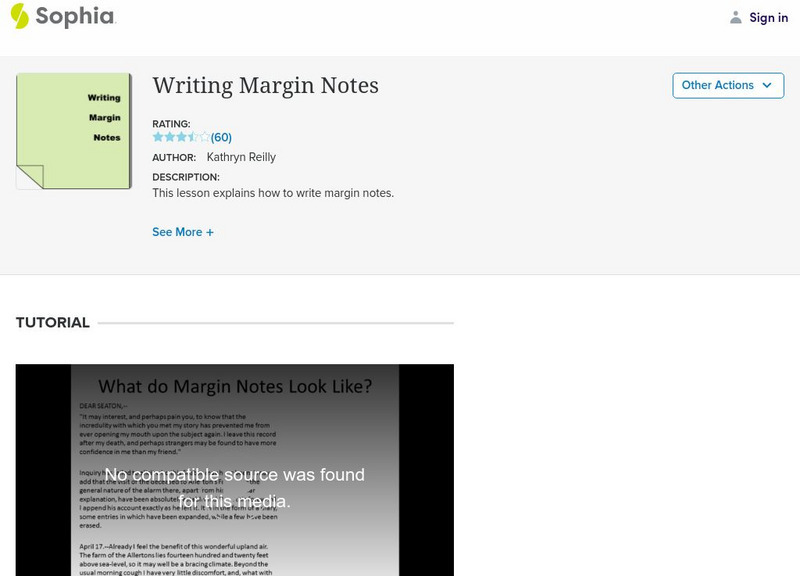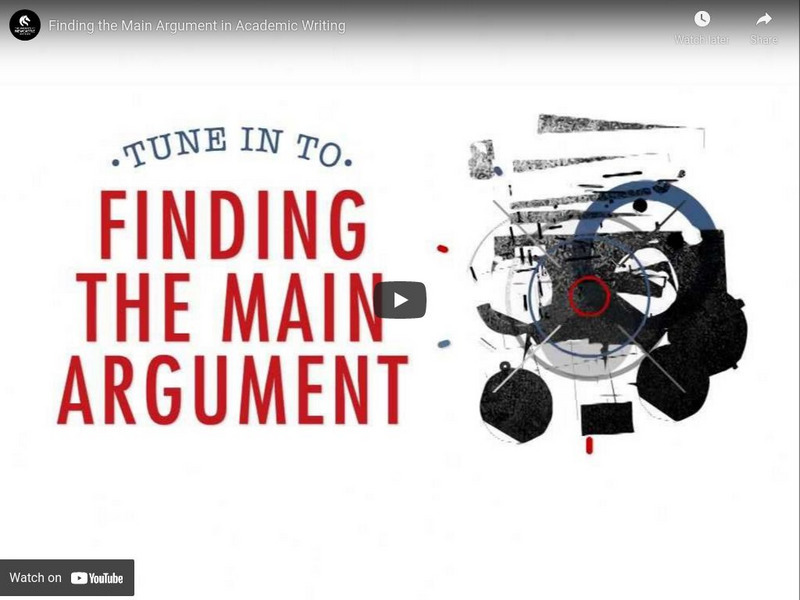Hi, what do you want to do?
Bozeman Science
Homeostatic Evolution
How does something remain the same in order to change? The video discusses homeostatic evolution from both the continuity and changing perspectives. An analysis of the excretory system in flatworms, earthworms, and vertebrates shows...
TED-Ed
Inside the Minds of Animals
Is it instinct and intelligence that divide animals from humans? What are they really thinking, and how do we define that? Check out this great video that discusses everything from Descartes' thoughts on the topic and Darwinian...
TED-Ed
Is Telekinesis Real?
What a fascinating framework for learning about the scientific method! Learners discover the processes of scientists who have investigated telekinesis in the past, and discuss the need for proper lab conditions, experiment...
Howard Hughes Medical Institute
The Making of the Fittest: The Birth and Death of Genes
After watching an engaging 13-minute video about the colorless blood of icefish, future ichthyologists examine icefish blood and non-icefish blood (blood samples are simulated with Karo syrup mixtures) to determine advantages of...
PBS
Wyoming Women Get the Vote | State of Equality
After watching the trailer for the documentary State of Equality, class members conduct addition research and develop a digital presentation, poster or essay about the Women's Suffrage Movement.
TED-Ed
What Can You Learn From Ancient Skeletons?
Skeletons may not be able to speak, but they can still tell us a lot. High schoolers watch a short video about the ways biological anthropologists can use a skeleton's bone structure to determine age, gender, place of birth, and social...
TED-Ed
How the Bendy Straw Was Invented
Sitting in a soda parlor, Joseph Freedman notices the difficulty his young daughter has trying to drink from the paper straw in her milkshake. This sparks the invention of a bendy straw. Watch to learn more about this small but widely...
TED-Ed
Ideasthesia: How Do Ideas Feel?
When our senses provide data to the brain, does the brain translate those senses simultaneously or only after they are transmitted? Ponder this interesting inquiry with another fantastic TED video, and consider whether our...
Sophia Learning
Sophia: Writing Margin Notes
This video lesson focuses on margin notes including the definition, purpose, how to write, what to include, and a literary example showing what they look like. Real Player is required.
Imagine Learning Classroom
Learn Zillion: Video: Use Text Evidence to Make Inferences About a Text's Meaning
In this video, you will learn how to understand the broader implications of a text by making good inferences about strong and thorough textual evidence. [6:07]
Imagine Learning Classroom
Learn Zillion: Draw Inferences From the Text Using Key Details and Evidence
In this video, you will learn how to make inferences by examining key phrases and clues within a text. [6:51]
Annenberg Foundation
Annenberg Learner: Thinking and Communicating Like a Biologist
The goal of this seven-day unit is to look at the big ideas in science literacy. This video on how to think and communicate like a biologist is the first lesson in the unit. [7:23]
Other
The Seahorse Project: Finding the Main Argument in Academic Writing
This video gives you hints on how to read a book chapter or journal article so that you can find the author's argument. [2:50]

















